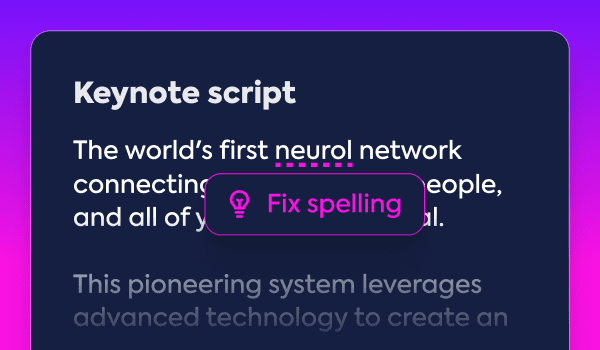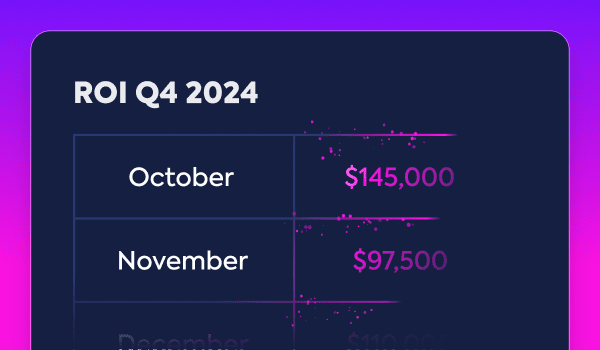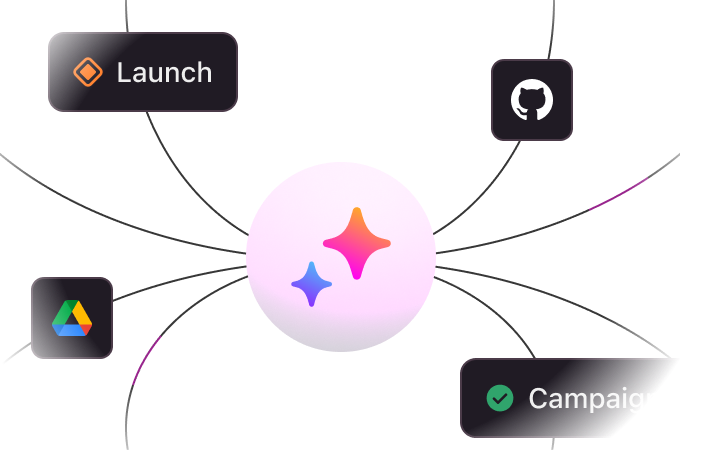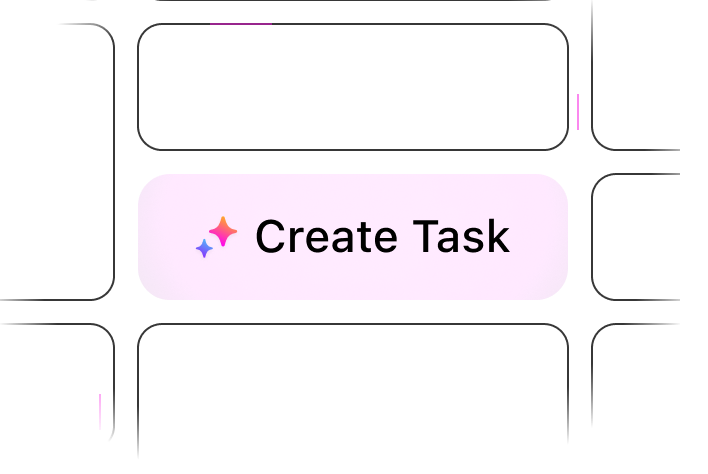One AI to replace them all
The world's first neural network connecting tasks, docs, people, and all of your company’s knowledge with AI.

CONNECT
Bring extra Brain-power to all of your work apps.
ASK
Get the right answers, right away, about your tasks, docs, and people.
BUILD
Create and maintain projects and tasks, without any busywork.
WRITE
Quick, quality content in just a click.



























